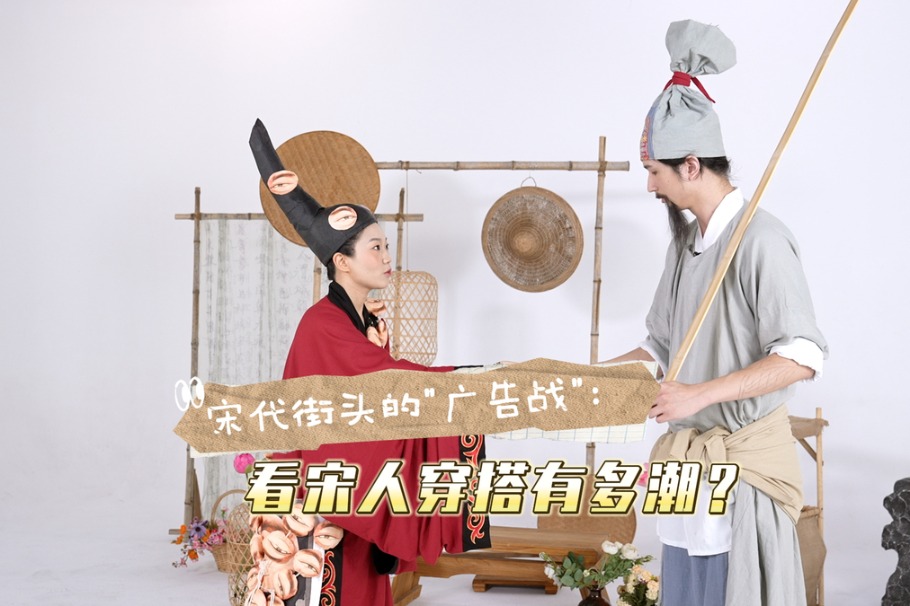Opera captures the sorrowful life of Abing
By Chen Nan | chinadaily.com.cn | Updated: 2024-07-17 15:33

Chinese opera Er Quan was staged by the youth orchestra and choir of the Tianjin Conservatory of Music, in Tianjin from July 8 to 11, as part of the Tianjin Music Festival.
Directed by Huang Dingshan, composed by Du Ming and written by Ren Weixin, the Chinese opera is named after Erquan Yingyue (The Moon Reflected in the Second Spring), one of the most famous erhu music pieces by composer Abing (1893-1950).
The Moon Reflected in the Second Spring brings out the sorrow of erhu, the Chinese two-stringed fiddle. The opera tells the story of the wretched life of Abing.

The blind musician was born in Wuxi, Jiangsu province. Losing his mother when he was an infant, Abing, at the age of 10, learned to play musical instruments with his father, a Taoist priest. After his father died, he became a priest himself. At 34, he began losing his sight and eventually became homeless, playing music in the streets for a living. In 1933, he wrote The Moon Reflected in the Second Spring, which not only portrays the composer's life but also displays the versatility of the erhu.
In the Chinese opera, which premiered in Tianjin in May, Chinese tenor Wang Hongwei plays the role of Abing.

























